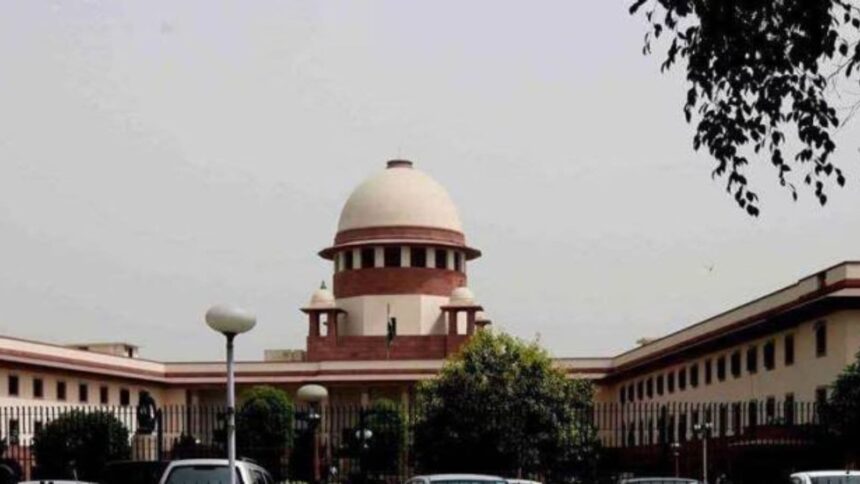The Supreme Court has said that any law enacted by Parliament or a state legislature “subsequent” to a court order cannot be held an act of contempt, and the enactment would have the “force of law” unless declared “null and void” by a Constitutional Court.
A bench of Justices B V Nagarathna and S C Sharma said this in a May 15 order disposing of a 2012 contempt plea alleging that the Chhattisgarh government failed to comply with the SC’s directions to stop support to vigilante groups like Salwa Judum and arming tribals in the name of special police officers (SPO) in the fight against Maoists.
The contempt plea contended that even after the SC on July 5, 2011 ordered winding up of Salwa Judum’s activities, the Chhattisgarh government in September that year legislated the Chhattisgarh Auxiliary Armed Police Force Act, 2011, which authorised an auxiliary armed force to assist security forces in dealing with Maoist violence and legalised existing SPOs by inducting them as members.
The contempt plea — as well as the main petition on which the SC’s 2011 order had come — were filed by former University professor Nandini Sundar, author Ramachandra Guha and former Andhra Pradesh Tribal Affairs Secretary E A S Sharma.
“The passing of an enactment subsequent to the order of this Court by the legislature of the State of Chhattisgarh cannot, in our view, be said to be an act of contempt of the order passed by this Court…”, the bench said.
“Every State Legislature has plenary powers to pass an enactment and so long as the said enactment has not been declared to be ultra vires the Constitution or, in any way, null and void by a Constitutional Court, the said enactment would have the force of law.”
The bench said that under the Constitution, the judiciary is vested with the power to resolve interpretive doubts and disputes about the validity or otherwise of an enacted law by the Parliament or any state legislature.
“However, the interpretative power of a Constitutional Court does not contemplate a situation of declaring exercise of legislative functions and passing of an enactment as an instance of a contempt of a Court,” it added.
The bench sought to remind that “central to the legislative function is the power of the legislative organ to enact as well as amend laws” and “any law made by the Parliament or a State Legislature cannot be held to be an act of contempt of a Court, including this Court, for simply making the law.”
“A legislature has, inter alia, the powers to pass a law, to remove the basis of a judgment or in the alternative, validate a law which has been struck down by a Constitutional Court by amending or varying it so as to give effect to the judgment of a Constitutional Court which has struck down a portion of an enactment or for that matter the entire enactment,” it said.
“This is the core of the doctrine of separation of powers and must always be acknowledged in a constitutional democracy such as ours,” it said.








